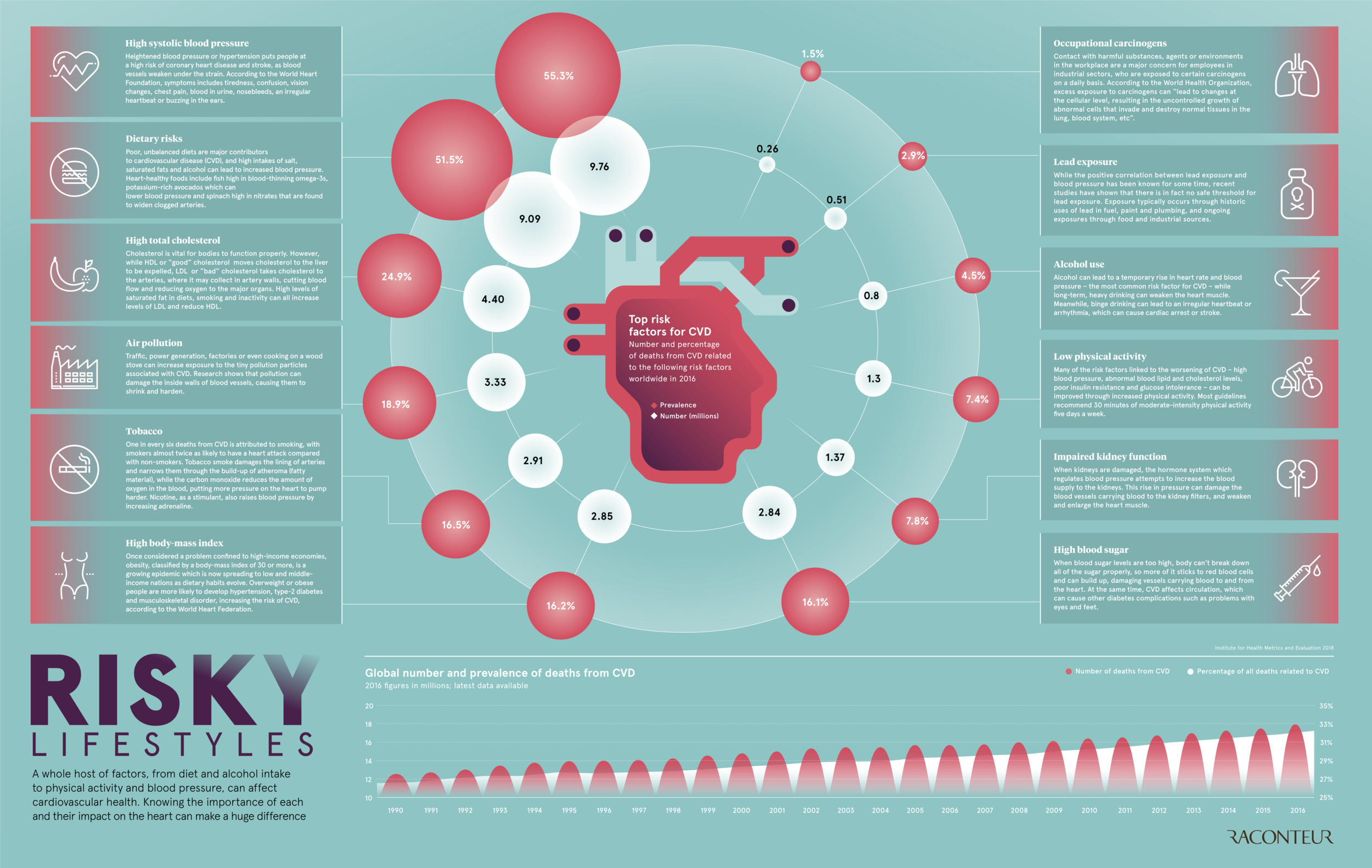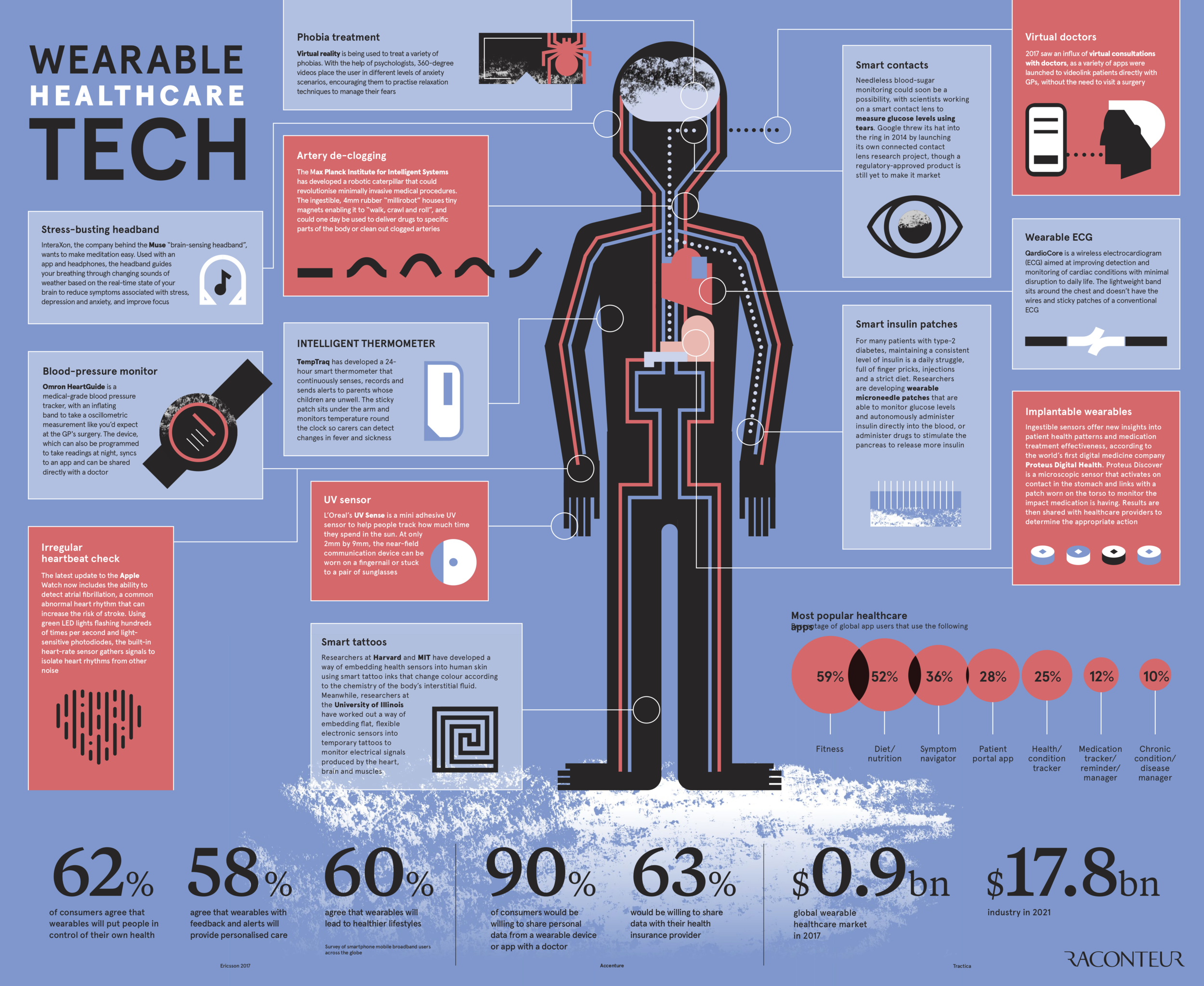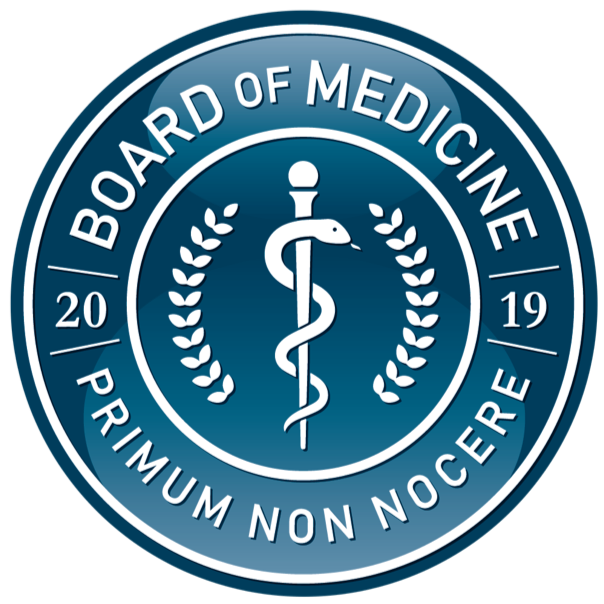
The Wearable Technologies Initiative
The supply and wellbeing of healthcare workers is of urgent concern in the response to COVID-19 and the shortages of personal protective equipment (PPE) necessitate novel strategies for prevention. One of these strategies is enhancing resilience and immunity with non-invasive technological approaches like many wearables. These tools do not pose a significant risk of harm and stand to improve the ease of managing many chronic health conditions for patients and care providers alike. It is well-known that chronic stress impairs recovery, rest, digestion, performance, and immunity, all of which are highly relevant to the discussion of healthcare worker burnout that was highlighted by the World Health Organization in 2019. The impact of this chronic stress results in tonic increases in sympathetic (fight-flight-freeze) nervous system activity and reductions in parasympathetic activity as measured by Heart Rate Variability (HRV). Low HRV strongly predicts poor performance and recovery, an increased likelihood of getting sick, and a decreased likelihood of surviving a life-threatening illness (Lehrer & Gevirtz, 2014).
While the gold standard for HRV measurement is the electrocardiogram (ECG), a number of wearable tracking devices are now commercially available on the consumer market that allow reliable trending of HRV (and other interesting biometrics such as sleep, heart rate, body temperature, and respiratory rate) over time. Tracking and trending HRV is currently the most reliable biomarker for tracking the impact of acute and chronic stress on our bodies. As such, trending HRV using the following tools can be extremely helpful for knowing when we are optimally recovered and at our best and when our risk of illness is greatest. Learn more about how wearable biometric tracking technologies can be used to improve health outcomes from the latest article out of Stanford Medicine discussing how scientists hope to use data from wearable devices to predict illness, including COVID-19. Some good wearables for trending HRV and other biometrics around the clock that are being used in studies of COVID-19 are the Oura Ring, Biostrap, and the Apple Watch.
HRV-boosting techniques known to improve resilience include breathwork, meditation, biofeedback, yoga, float tanks, and massage. However, these strategies are typically time intensive, require another person to be present, and/or are difficult to learn when we are already stressed out, sometimes requiring thousands of hours of practice to engage them in the moment of need. Changes in HRV has also been linked to infection and can be observed prior to clinical presentation of symptoms of infection. A recent study of 297 health care workers at Mount Sinai Health System demonstrated that the Apple Watch could predict the diagnosis of COVID-19 prior to the subject testing positive for the infection.
The Apollo wearable system, developed from research in the Department of Psychiatry at the University of Pittsburgh, is another interesting wearable tool to improve HRV, cognitive performance, and recovery from stress. Apollo has been demonstrated to be the first wearable device to improve HRV and is involved in several ongoing clinical trials in healthcare staff, patients, and healthy volunteers. Apollo’s vibrations gently activate touch receptors in the skin, which generate a perceived state of safety through limbic system activation, similar to soothing touch, resulting in improved parasympathetic tone, attention, mood, energy, sleep, and HRV within minutes and cumulatively over time.
Decreasing stress and improving sleep and wellbeing is fundamental to the prevention of infection, the psychological complications of COVID-19, and to the effective treatment of many chronic illnesses. The Board of Medicine is currently conducting a real-world trial of the Apollo Neuro wearable and the Oura Ring in 5000 subjects to determine if technologies like Apollo Neuro could improve sleep, cardiovascular health, and quality of life as measured by the Oura Ring and clinically validated survey tools.
The Board of Medicine is currently collaborating with Apollo Neuroscience to launch clinical trials of the Apollo wearable along with wearable biometric trackers in frontline healthcare personnel at university medical centers including UPMC and UCLA. If proven, our hypothesis that the HRV-improving Apollo wearable and wearable trackers like the Oura Ring can increase quality of life and/or reduce infection rates and/or complications in the most important healthcare personnel confronting the current pandemic may situate these wearables as low risk, affordable tools to protect frontline workers from both burnout and infections. Please reach out to us using the contact form below if you or your institution are interested in participating in this clinical trial.

Contact us.
Please reach out to us to get involved with the Board, sign up for our trainings, and stay up to date on our latest developments.
info@theboardofmedicine.org
